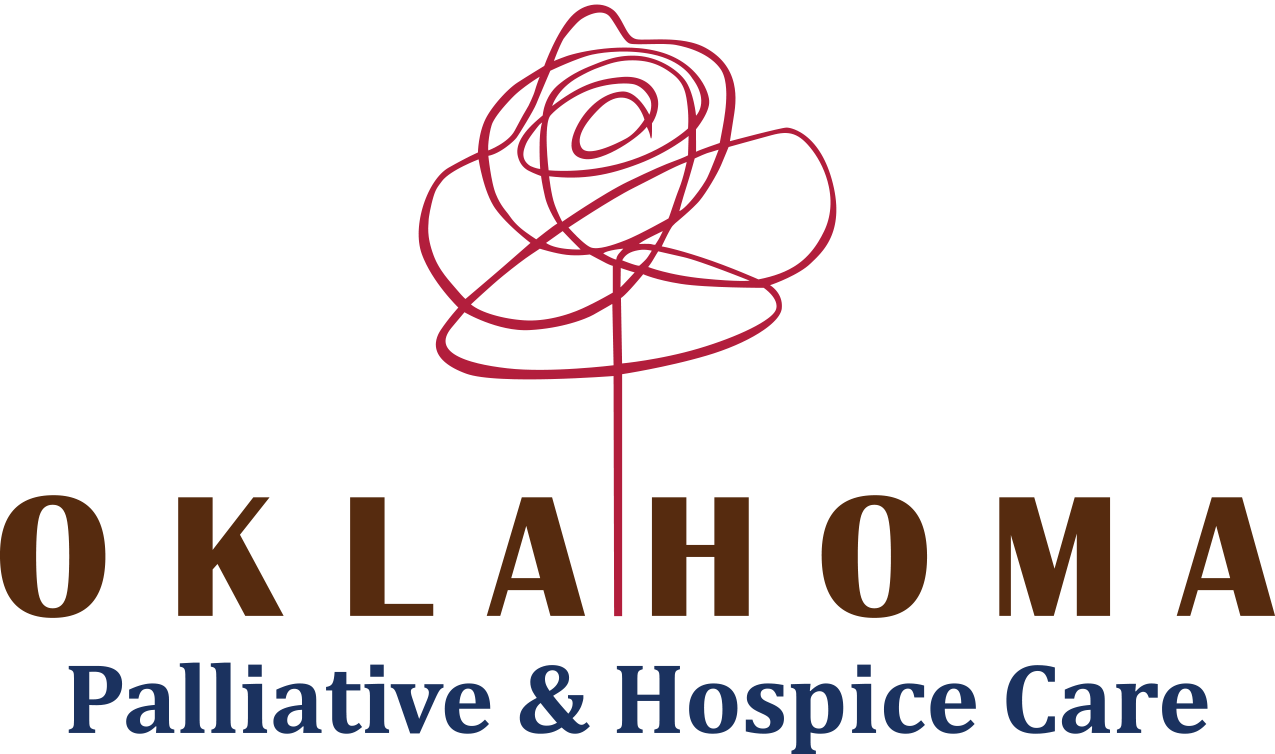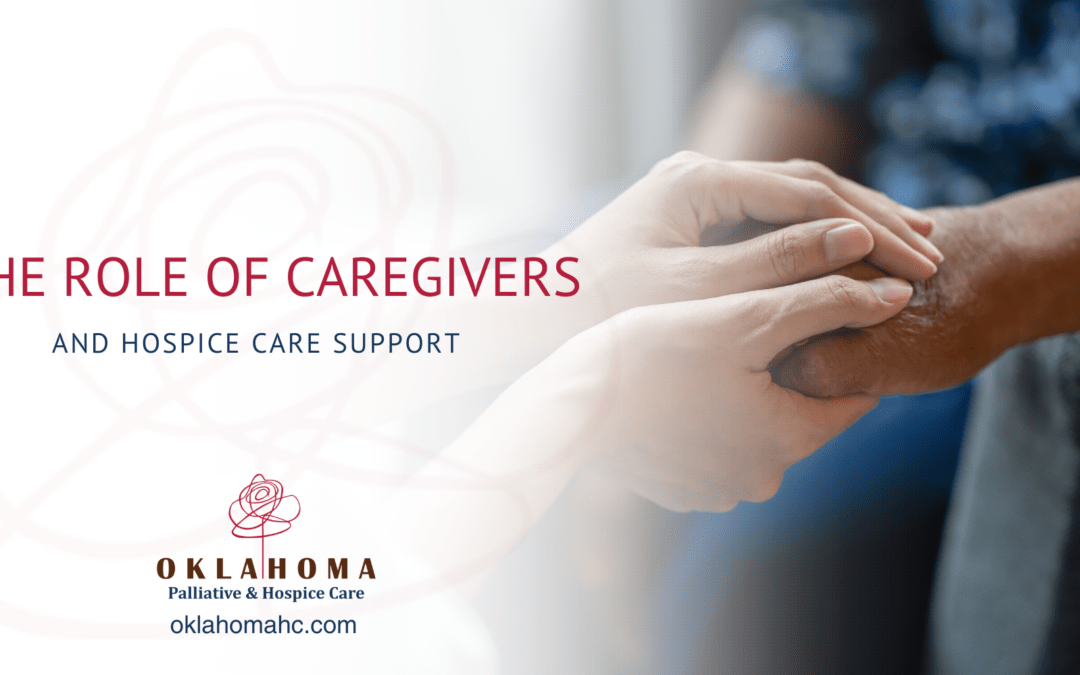Losing a loved one is undoubtedly one of the most difficult experiences in life. During this time, caregivers are vital in providing support and comfort to their dying loved ones. Hospices, specialized services that provide end-of-life care, understand the importance of caregivers and work closely with them to ensure the patient receives the best possible care and support.
Read on to find out the responsibilities of caregivers in caring for a dying loved one and how hospices collaborate with caregivers to provide the utmost support and care.
Understanding the Responsibilities of Caregivers
- Providing Physical Care and Assistance: Caregivers are responsible for assisting with daily activities such as bathing, feeding, and administering medications. They also ensure their loved one’s comfort by managing their pain and providing companionship.
- Addressing Emotional and Spiritual Needs: Caregivers provide emotional support and comfort to their dying loved ones. They engage in meaningful conversations, offer a listening ear, and fulfill the patient’s spiritual or religious needs as desired. This support is crucial in helping the patient find peace and closure during their final days.
- Managing Pain and Symptom Control: Caregivers work closely with hospice care professionals to monitor the patient’s pain and other symptoms. They play a vital role in reporting any changes in the patient’s condition and ensuring that the prescribed medications and treatments are administered correctly.
- Communication and Advocacy: Caregivers act as advocates for their dying loved ones, ensuring their wishes and preferences are respected. They effectively communicate with the hospice care team, conveying any changes in the patient’s condition or needs. Caregivers work closely with hospices to ensure the care plan aligns with the patient’s desires and goals.
Collaboration between Hospices and Caregivers
Hospices recognize the invaluable role caregivers play and work hand-in-hand with them to provide holistic care and support. Here’s how hospices collaborate with caregivers:
- Care Planning and Coordination: Hospice care teams collaborate with caregivers to develop a personalized care plan for the patient. This includes determining the most suitable treatment options, ensuring pain management strategies are in place, and addressing any concerns or questions the caregiver may have. Caregivers are actively involved in the decision-making process every step of the way.
- Education and Training: Hospices provide caregivers with education and training programs to enhance their skills in providing care and dealing with emotional challenges. These programs equip caregivers with the necessary knowledge to make informed decisions and ensure the patient’s needs are met effectively.
- Family Support and Counseling: Hospices understand that caregivers often face emotional distress during this challenging time. They offer family support and counseling services to caregivers, providing a safe and nurturing environment for them to express their feelings, find guidance, and receive emotional support. This support helps caregivers navigate their own emotions and provides coping strategies as they care for their loved ones.
How Hospice Provides Caregivers with the Support They Need
Caring for a dying loved one can be physically and emotionally draining for caregivers. Hospices recognize the challenges they face and provide various forms of support, including:
- Support Groups and Counseling Services: Many hospices offer support groups and counseling services for caregivers. These provide a safe space to share experiences, feelings, and receive guidance from professionals and peers who understand the unique challenges of caregiving.
- Self-Care Strategies for Caregivers: Hospices emphasize the importance of self-care for caregivers. They provide strategies and resources to help caregivers take care of their physical and emotional well-being, including stress management techniques, exercise programs, and respite care options for temporary relief.
Effective communication and coordination are crucial aspects of the collaboration between hospices and caregivers. Clear and open lines of communication ensure that caregivers are informed about any changes in the patient’s condition or treatment plans, and provide an opportunity for caregivers to seek clarification or raise concerns. Hospices strive to create an environment where caregivers feel supported, heard, and valued.
Being a caregiver to a dying loved one is a significant responsibility, but it is also an incredibly rewarding one. Hospices recognize the commitment and devotion of caregivers and strive to work collaboratively with them to provide the best possible care. By understanding their responsibilities, seeking support, and practicing self-care, caregivers can create a nurturing environment that promotes comfort, dignity, and peace for their dying loved ones.
Remember, as a caregiver, you are not alone on this journey. Reach out to your local hospice to access the support, resources, and education you need to successfully navigate this emotional and challenging time.
Need help? Contact us at (405) 418-2659.

